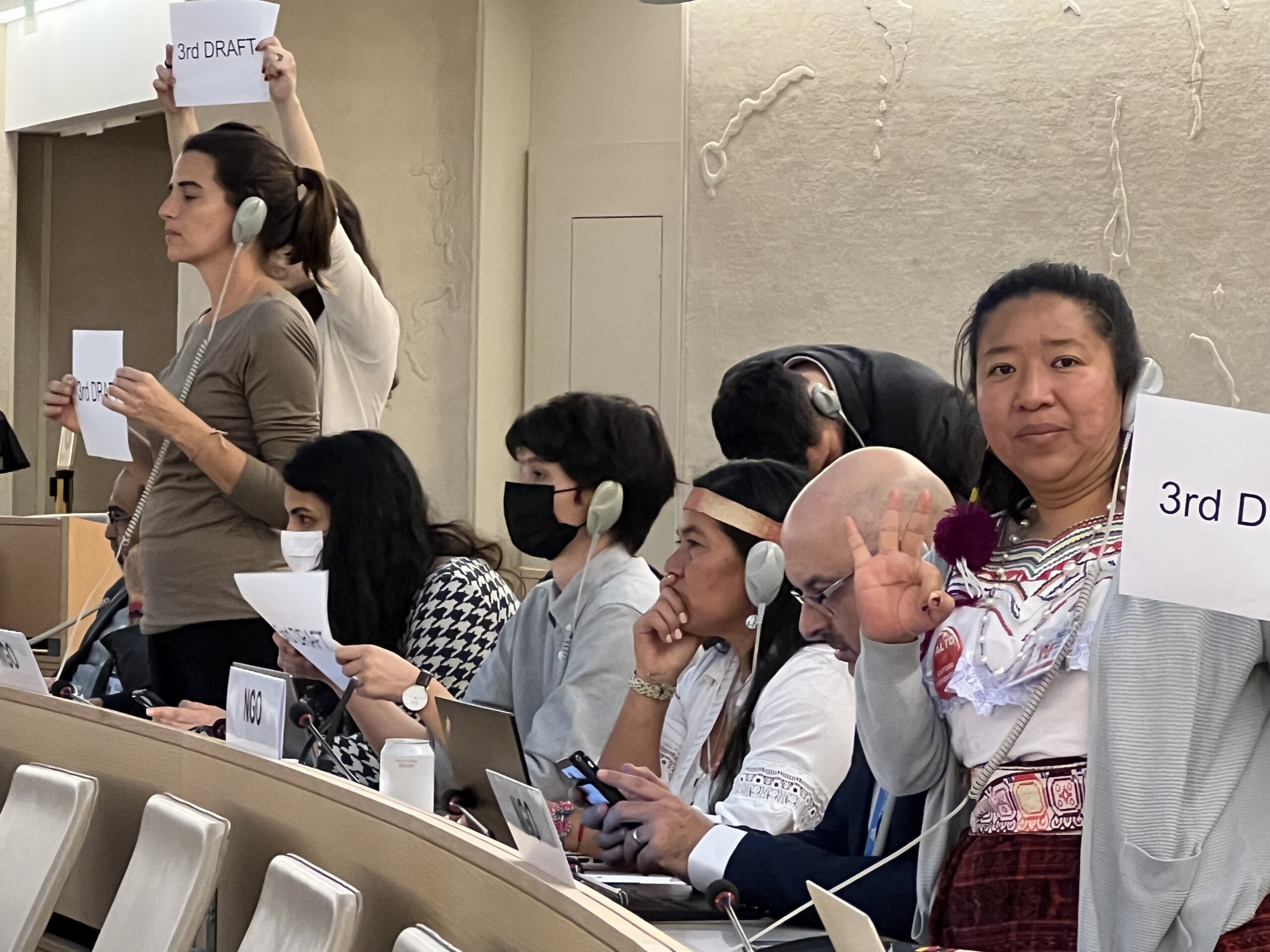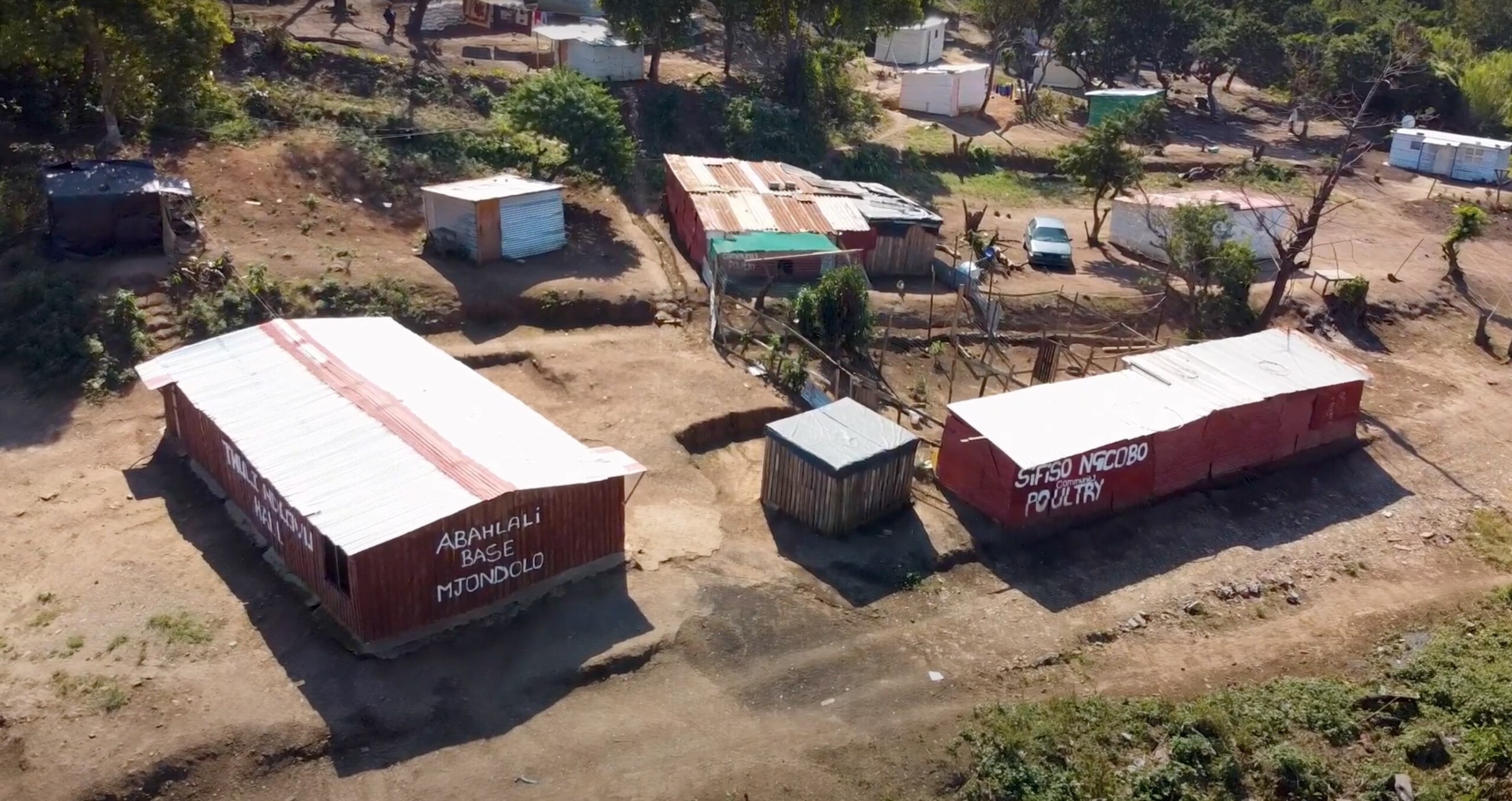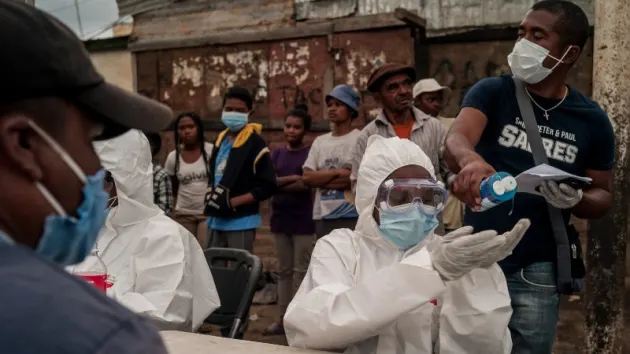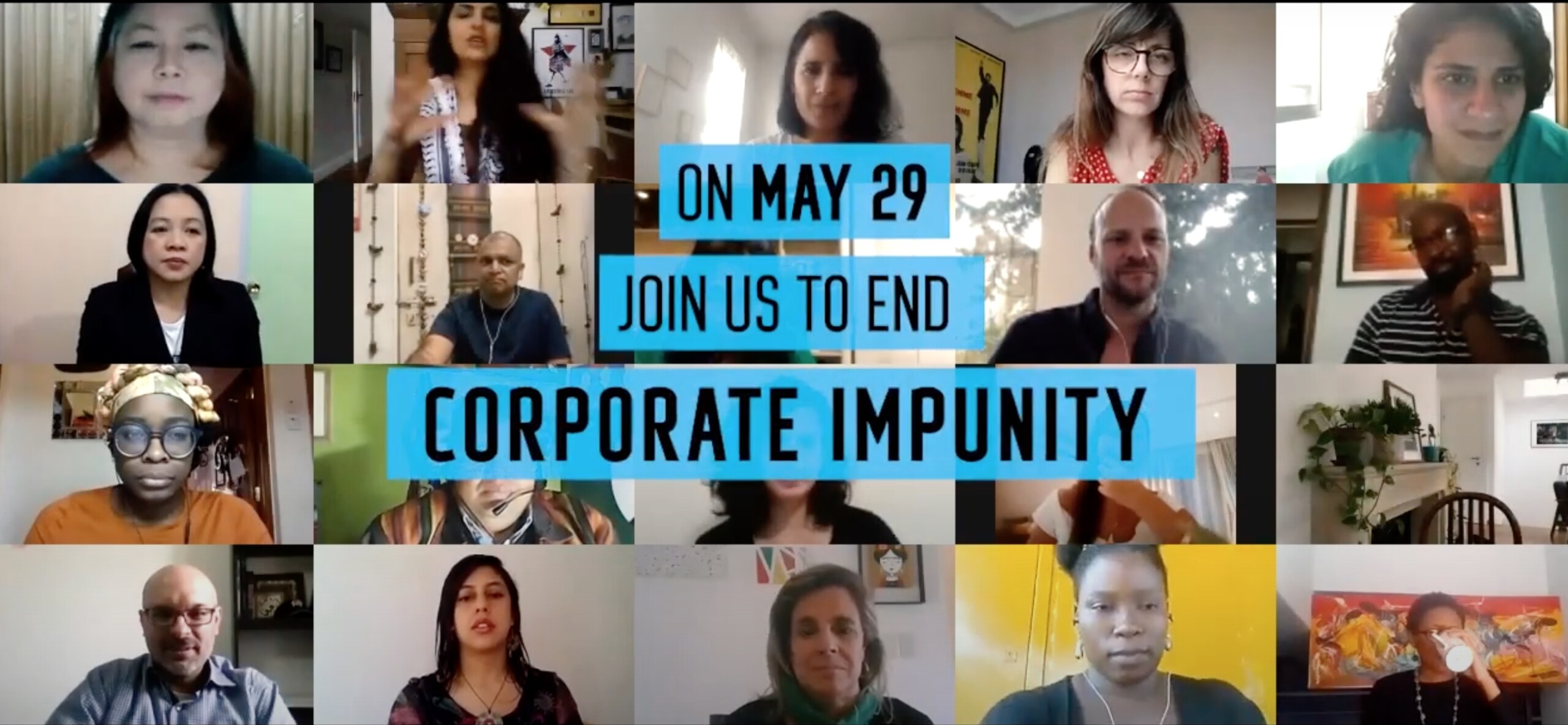Local communities, particularly women, too often are excluded from decision-making around the use of land where they live, with devastating impacts on basic human rights and the environment. Reclaiming our stories is a community-led research initiative launched in 2020 that brought together five grassroots groups from Sub-Saharan Africa, Europe, Asia, and Latin America to gather their own data on the impacts of corporate actors on women’s rights to land, housing, and natural resources.

Decision-making processes around land, housing, and natural resources often rely on “hard evidence” developed by powerful actors such as states and corporations, rather than reflecting communities’ perspectives and priorities. Similarly, the communities themselves repeatedly lack access to information they need to inform their decisions. Lived experiences are also not reflected in the already existing data. When communities do gather data, it is often not seen as credible or legitimate and is not taken into account in decision-making.
For this reason, the initiative used participatory action research (PAR) as an approach that recognizes communities as main experts regarding the issues that affect them and ensures their leadership in all the stages of the research process, including the research design, data collection, and analysis, and the use of the data. The PAR process provides a way to further political education and analysis of the root causes of injustices, and support organizing and movement building by legitimizing data gathered by the community. The approach also incorporated an intersectional gender approach to foreground the perspectives of groups who are often left out, especially women, children, and elders, strengthening their leadership within existing social movements.
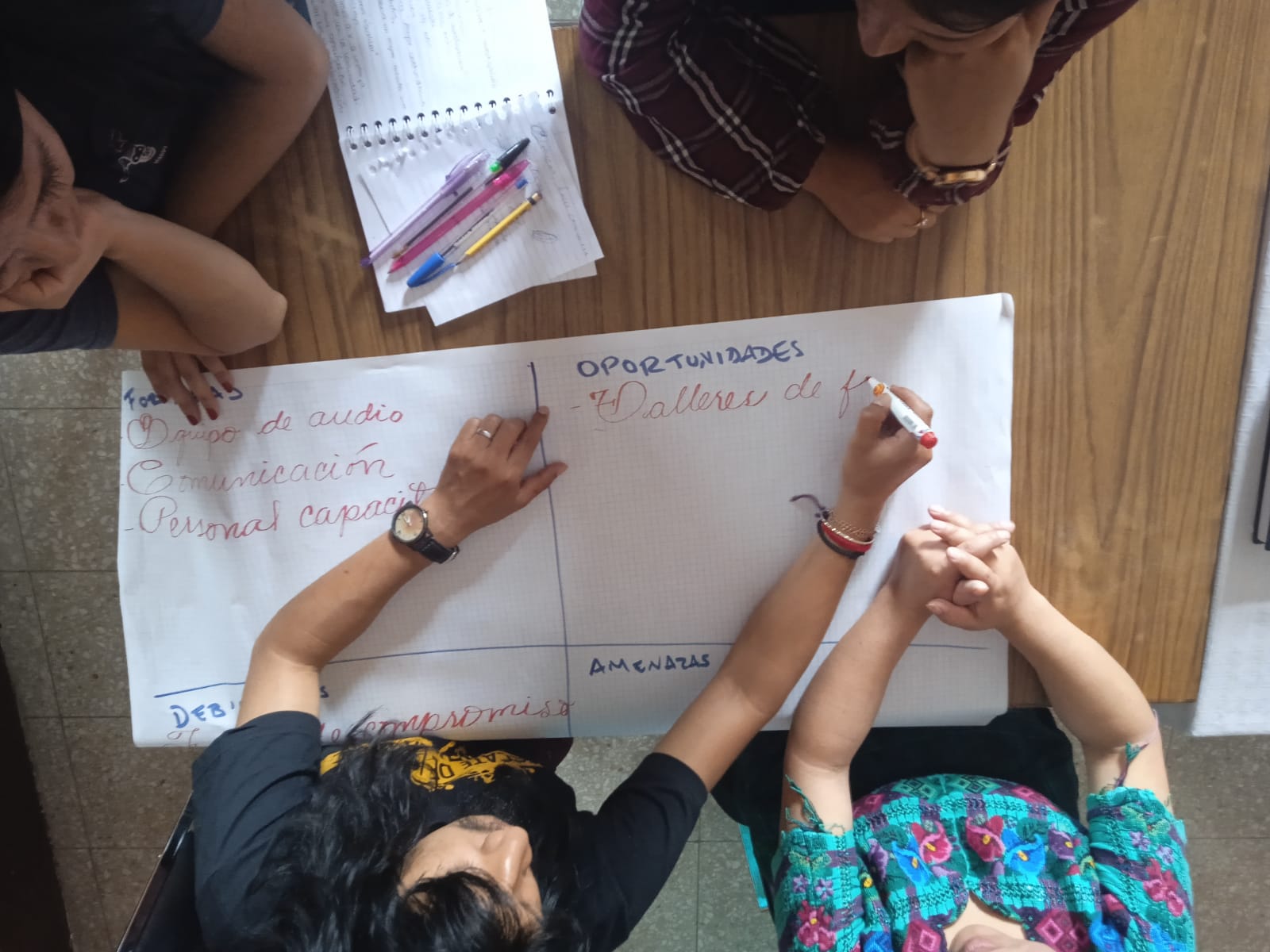


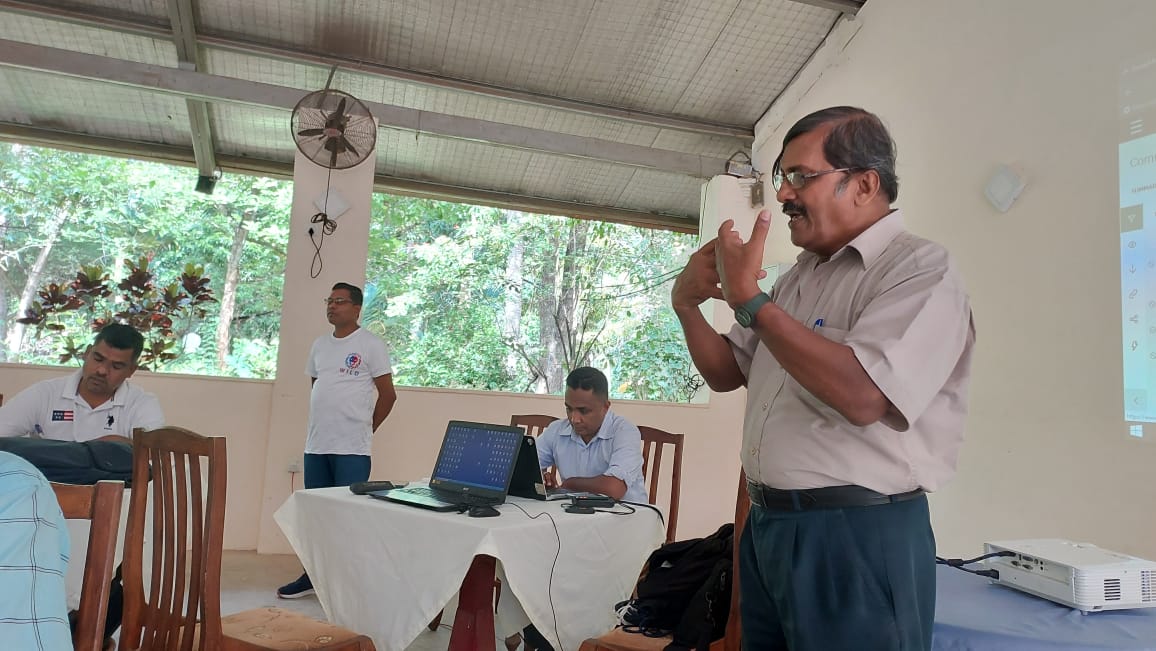
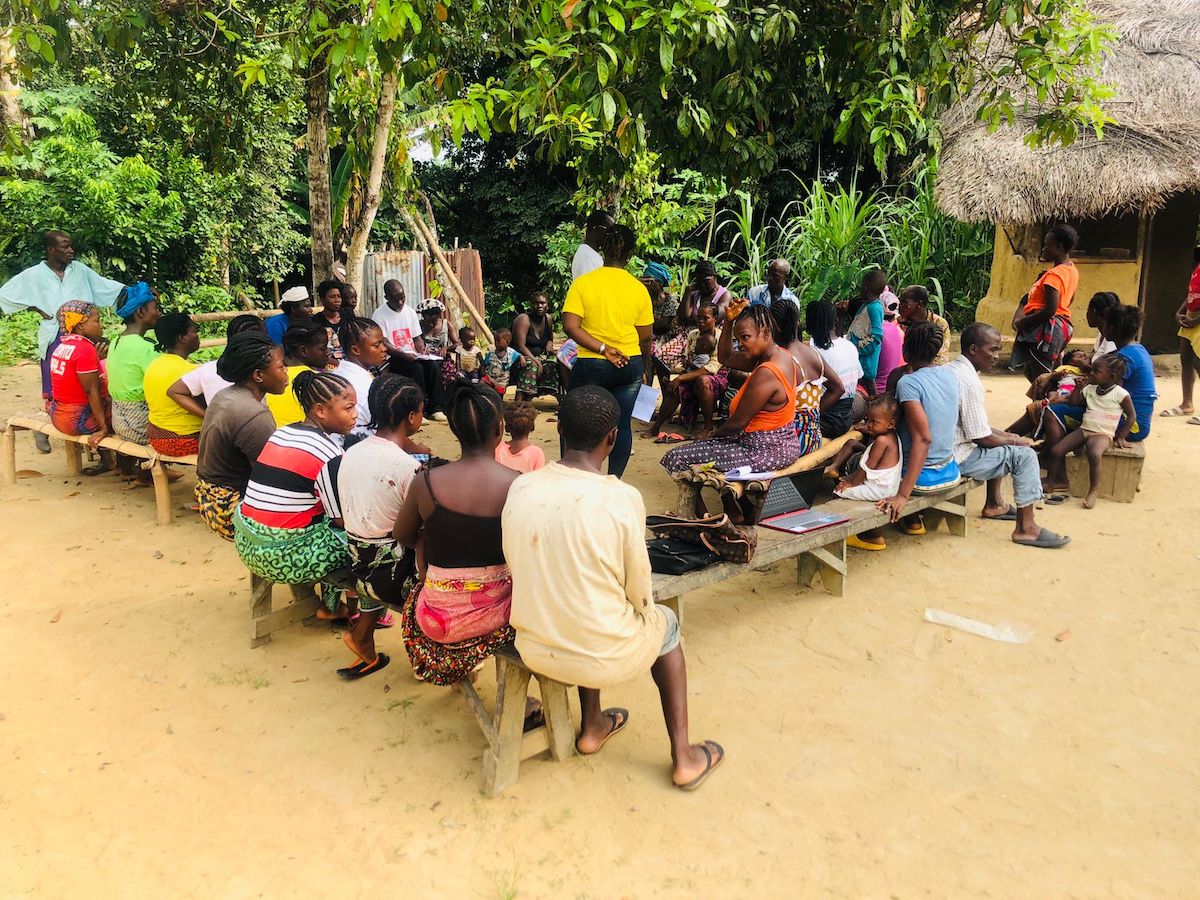
The initiative provided a learning space for participants to conduct research around the following questions: What are the impacts of corporate capture on women’s access to land, housing, and natural resources? How are movements and communities resisting corporate capture? In addressing this overarching question, each movement developed specific, context-relevant research questions and methods aligned with their advocacy goals.
An advisory group comprising ESCR-Net members supported the participants in designing and carrying out the research through collective workshops, bilateral exchanges, and one-to-one advising around: documenting corporate capture, conducting power analysis, mitigating security risks, choosing the right research methods and tools, and analyzing data in a participatory way.
ESCR-Net’s work on corporate capture motivated us because when we got engaged in the research process, the fact of looking through the lens of corporate capture was very powerful and provided a very good framing. It gave confidence to people in the community because they can name the problem
Producing their own data helped the 5 movements and groups to record, measure, analyze, and make visible their problems.
The research strengthened the movements’ struggles for justice in several ways. First of all, by involving people in different communities in identifying the impacts of corporate actors. The research process was a way to exercise their rights to information, consultation, and self-determination, and to contrast lies and disinformation by corporate actors. Between 30 to 900 community members across research locations explored how corporate actors control democratic decision-making processes and the impact this has on their lives.
Producing their own data helped the 5 movements and groups to record, measure, analyze, and make visible their problems.
The research strengthened the movements’ struggles for justice in several ways. First of all, by involving people in different communities in identifying the impacts of corporate actors. The research process was a way to exercise their rights to information, consultation, and self-determination, and to contrast lies and disinformation by corporate actors. Between 30 to 900 community members across research locations explored how corporate actors control democratic decision-making processes and the impact this has on their lives.
“ESCR-Net’s work on corporate capture motivated us because when we got engaged in the research process, the fact of looking through the lens of corporate capture was very powerful and provided a very good framing. It gave confidence to people in the community because they can name the problem,” said Herman Kumara from NAFSO, Sri Lanka.
“We decided to confront corporate capture by extracting the information from the historical archives that allowed us to verify the community’s land rights and the illegality of the mining operations. Having the most orderly documentation possible is the only way to break this confusion, fear, and exploitation situation,” affirm Elizabeth Cuenca from Red Chimpu.
Secondly, gathering evidence of the destructive impacts of corporate actors on communities and the environment allowed movements to better articulate collective demands for justice. The research exposes how the influence of corporate actors on local decision-making – very often imposed through violence and fear- leads to the loss of livelihood and traditional ways of living, land grabbing, and loss of land, water, and soil pollution, among others. In the case of Indigenous Peoples’ territories, the violation of the right to Free, Prior, and Informed Consent is identified as the beginning of a sequence of violations of other rights. Thus, from Guatemala, the Consejo de Pueblos Wuxhtaj’s research found that “hydroelectric companies use different practices of deception, disarticulation of the social fabric, criminalization and violence to impose projects in territories where Mayan peoples ancestrally live and which have been marginalized and excluded from social and economic development policies.”
In general, women face disproportionate impacts of human rights violations, and these are usually not reflected in existing data. Through surveys, focus group discussions, and interviews, the Plataforma de Afectados por la Hipoteca (PAH) in Spain found that there is worrying gender inequality in the protection of the right to decent housing and basic supplies and that women, particularly those who are the head of families, older, and migrant, are the most affected by evictions and unable to afford basic supplies.
Despite adverse political contexts and security risks caused by local governments and companies during the research process, the project highlighted the capacity of communities and organizations to collect data, analyze, and tell their own stories in an effective, inclusive, objective, and horizontal manner.
The collective storytelling has allowed to visibilise movements’ shared memory and identity-related to the defense of territories and natural resources, which is essential for amplifying movements’ struggles.

